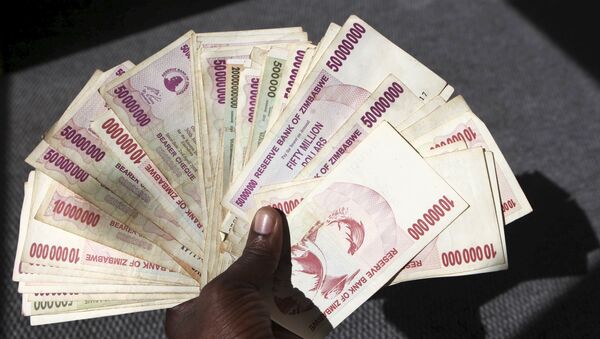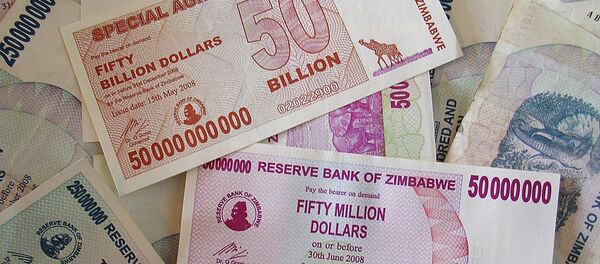“Inflating one’s debts away is an old tradition — the United States did it after World War II and [the War in ] Vietnam,” University of Illinois Distinguished Economics Professor Dan Bernhardt said. “One must do it very carefully, something that Zimbabwe clearly did not do.”
On Monday, Zimbabwe officially started decommissioning its national currency from circulation, exchanging $35 quadrillion Zimbabwean dollars for $1 US dollar.
Bernhardt explained that Zimbabweans could not trust their government to stop printing more state dollars in large quantities, which originally depressed the holdings value in the national currency.
“The response was to switch to an alternative currency — the US dollar apparently — in private transactions, giving rise to a dual currency,” Bernhardt said. “The people who were hurt were those that relied on Zimbabwe’s currency — pensioners and government employees.”
Bernhardt said the rise of the US dollar in Zimbabwe meant able bodied workers in the local economy would not work for their own government as they would be paid in a currency that was worthless.
“A disadvantage is that — like Greece today — if they subsequently need to deflate to make their economy competitive, they won’t be able to do it,” Bernhardt concluded.
University of Illinois Emeritus Economics Professor Salim Rashid told Sputnik the same hyperinflation has occurred in other countries like Germany after World War I.
“In Germany in the 1920s, people needed a wheelbarrow of cash to buy a train ticket,” Rashid said. “Once the process starts, everyone rushes to buy goods — any goods — with cash that will soon be worth only half as much and worthless thereafter.”
Rashid explained that hyperinflation makes economic exchanges harder and the fear in financial markets boosts the prices of goods.
“In May, people bought a scone in Zimbabwe with 50 million [Zimbabwe dollars],” Rashid said. “Today, they can barely do so with a billion.”
Rashid said that such hyperinflation leads to people hoarding or preferring barter for their exchange of goods, where the whole idea of an economy based on money is lost.






